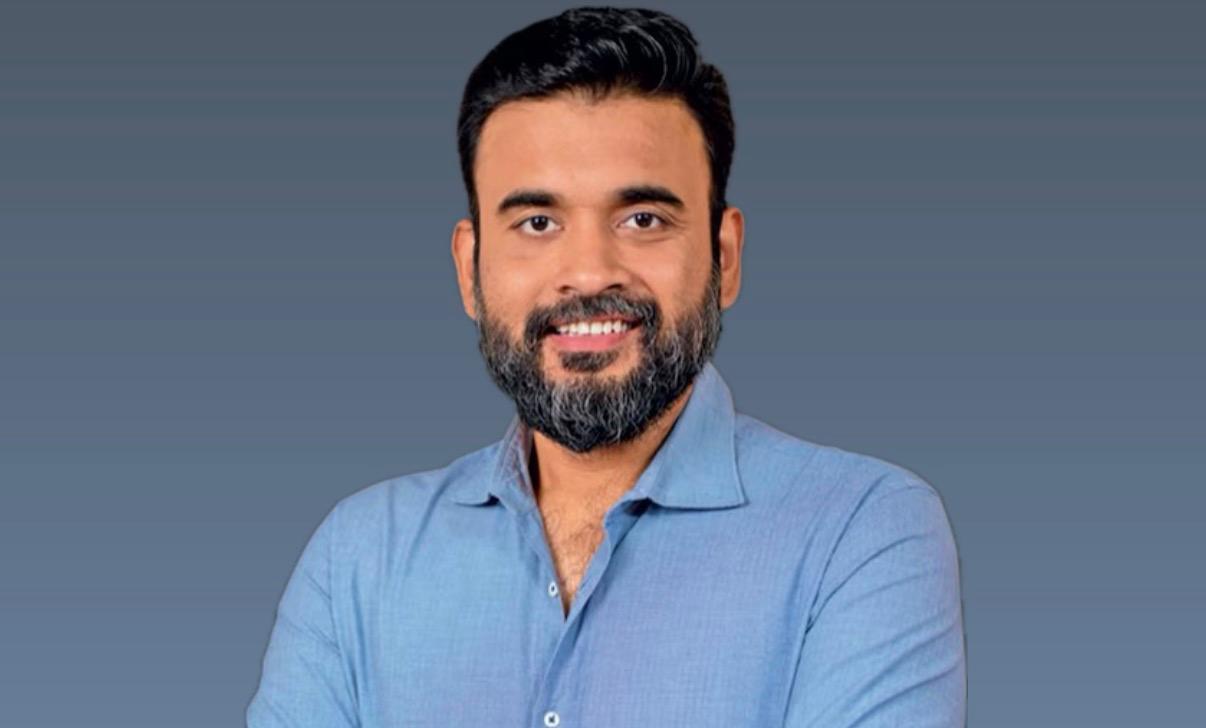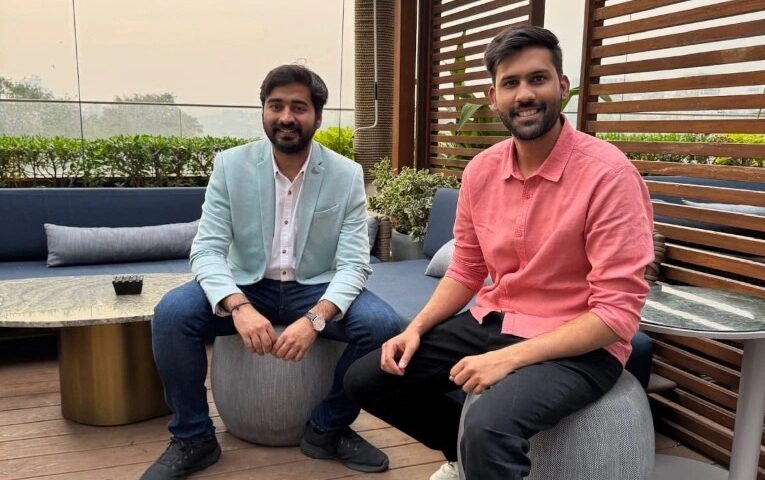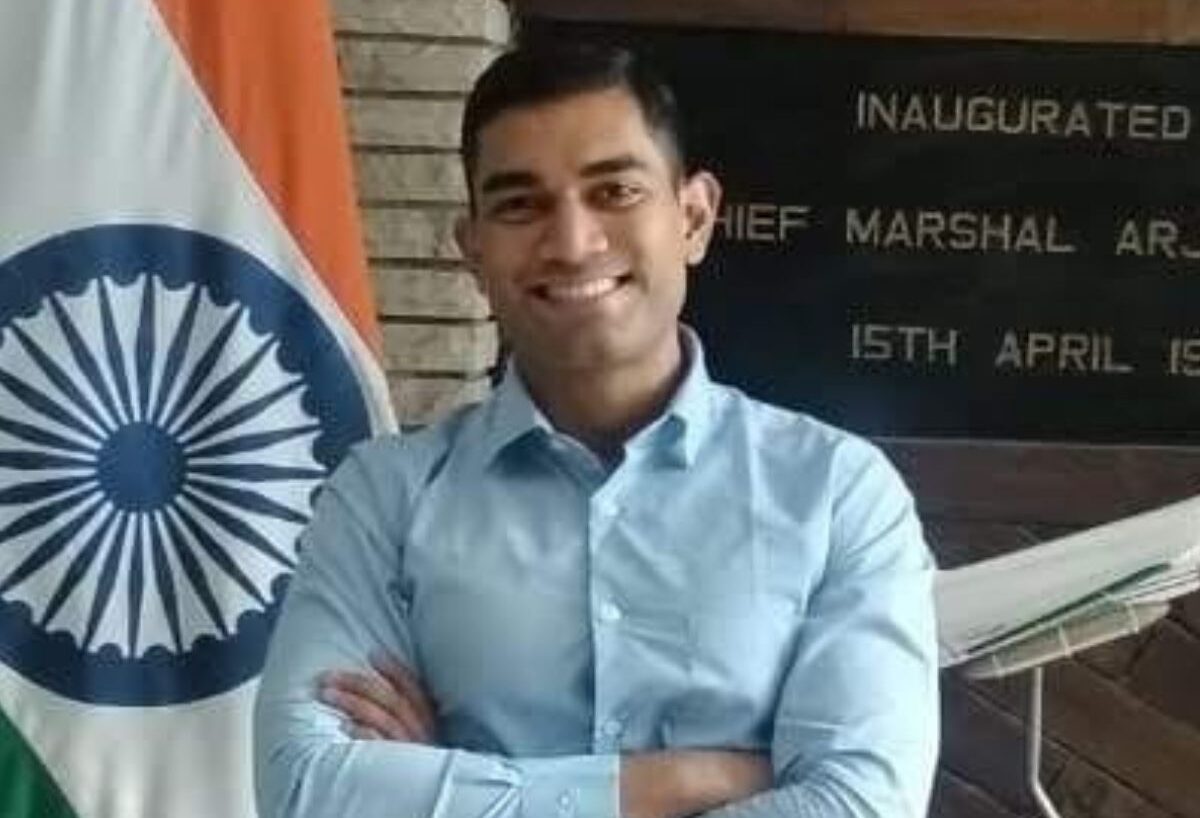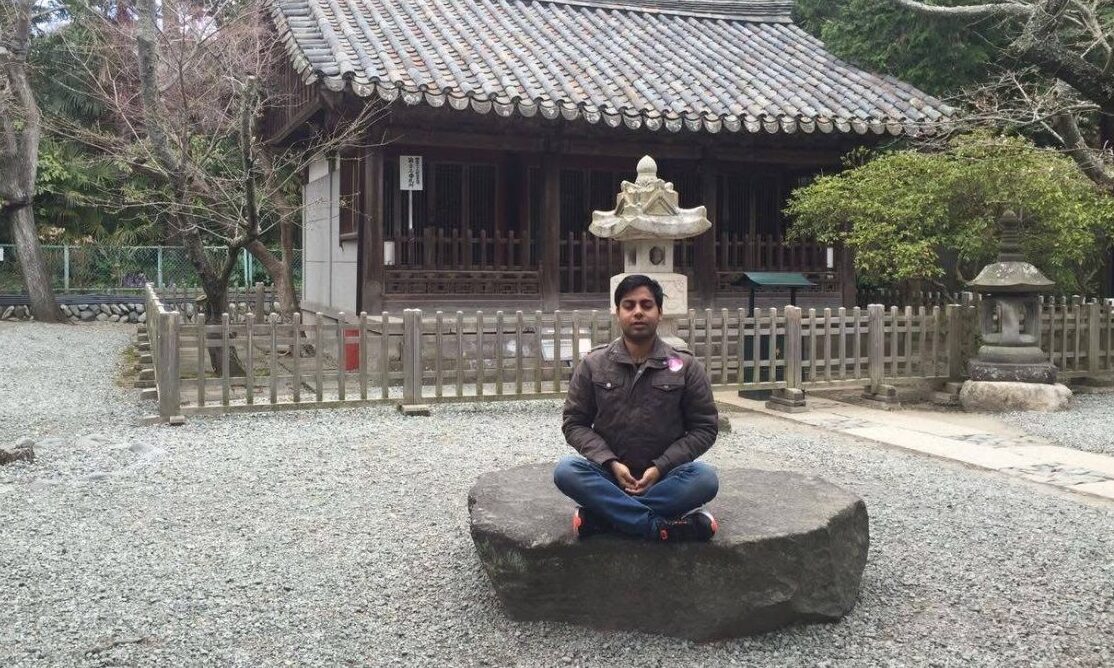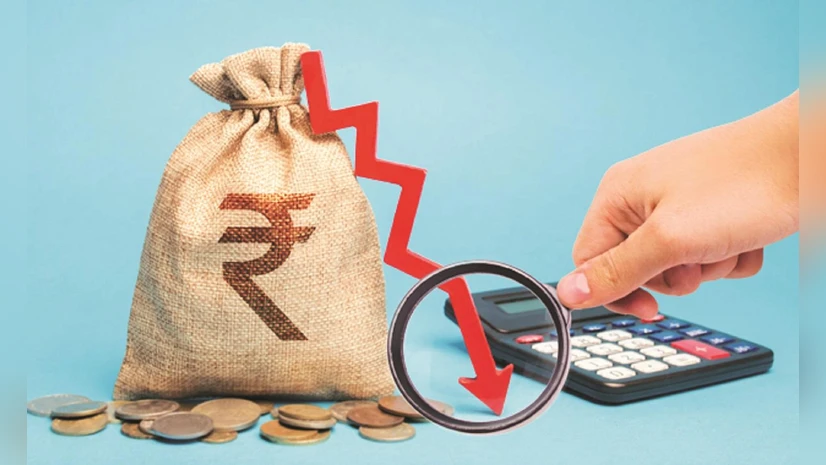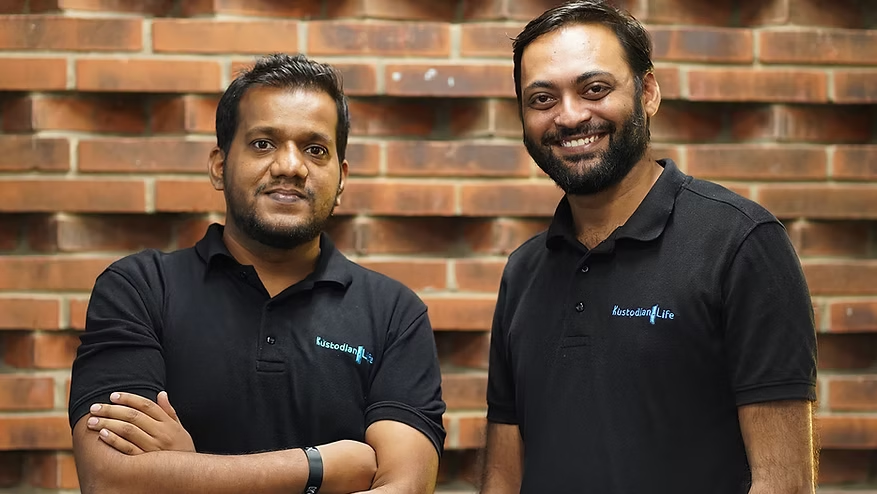In the heart of Mumbai, Bharat Jain is not a name you would expect to see in business headlines. But behind his simple cup-in-hand on the streets outside CST and Azad Maidan stands a surprising story: Bharat has quietly built a fortune of ₹7.5 crore, making him the world’s richest beggar.
The Business of Begging
For 40 years, Jain has followed a daily routine asking for small amounts from passersby. On a good day, he makes ₹2,000 to ₹2,500. Monthly, his income can reach up to ₹75,000. That is much more than many office jobs pay, especially in a city like Mumbai.

But unlike most, Jain did not just spend his earnings. He invested them smartly. Today, he owns two flats in Mumbai worth ₹1.4 crore, shops in Thane that earn ₹30,000 per month, and his family runs a stationery store. His children go to private schools. And despite this wealth, he continues to beg every day.
Charity or Business?
Jain’s story forces us to look at charity in India from a business angle. For many urban poor, begging has become more than survival it’s a way to build wealth, if done for many years and spent wisely. Each small donation, often given out of guilt or convenience by city dwellers, became investment capital for Jain. Over time, these tiny amounts turned into big assets.
This trend is getting attention from city officials. Indore, Bhopal, and several other cities have started banning begging in public places. Some have even made it a punishable offense to give money to beggars, charging ₹1,000 fines or police cases against donors. At the same time, cities are trying to help genuine cases, rehabilitating over 300 beggars in Indore, building shelters, and offering skills training.
Lessons for Urban Charity
Bharat Jain did not break any law. He simply understood how the system works. In a sense, he became an entrepreneur, turning public empathy into a steady business, and then, into investments.
For the rest of us, his case raises questions. Are we practicing real charity, or just easing our own guilt? Where does our money go, and are we helping someone in true need, or supporting a system that rewards performance over poverty?
For business-minded readers, the lesson is clear: Good intentions alone are not enough. Smart giving, like smart investing, requires due diligence.
So, the next time you roll down your window at a traffic light, pause and ask: am I buying a meal, or am I funding something bigger? As the city wakes up to new rules, the business of begging and the business of giving may never be the same.
ALSO READ : Indian AI Startups Collapse: Wuri, CodeParrot, Subtl.ai & Locale.ai












